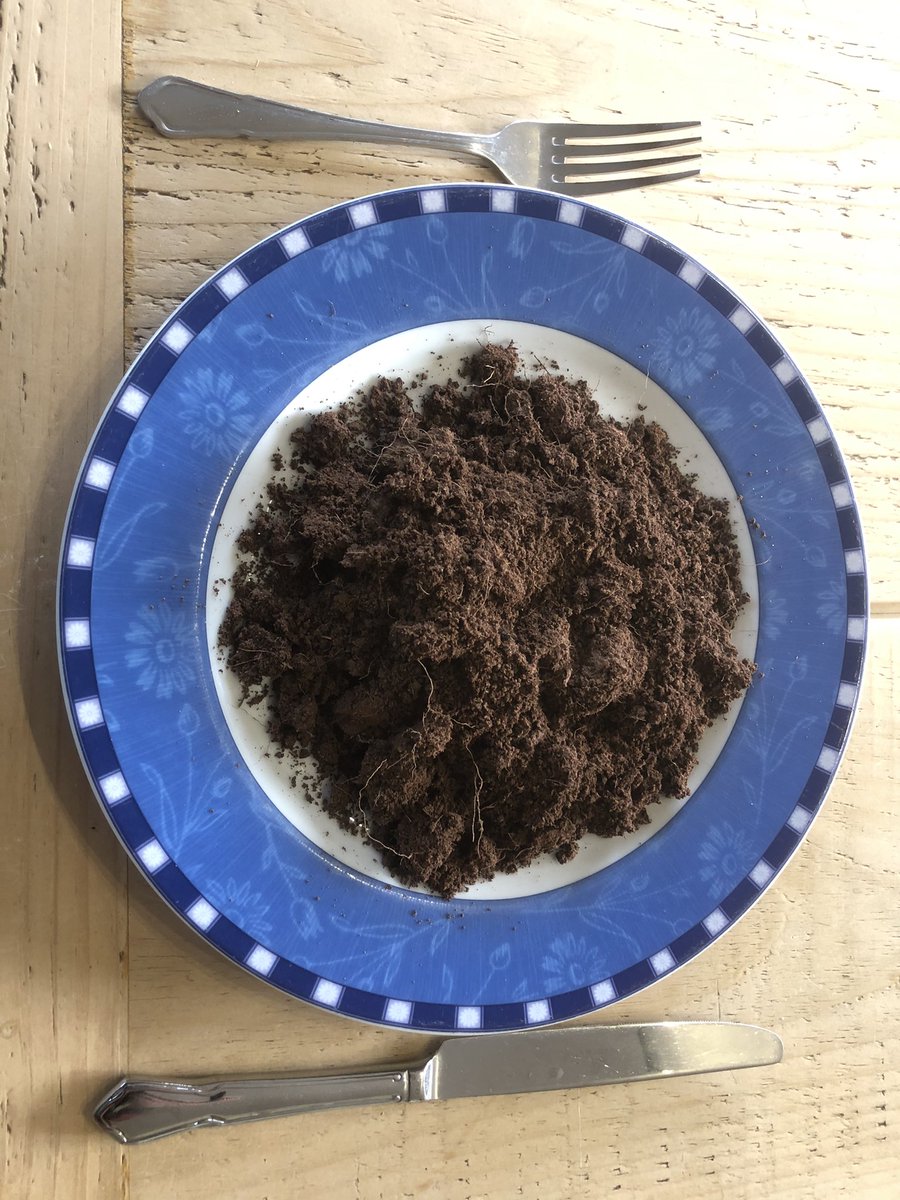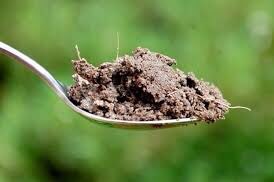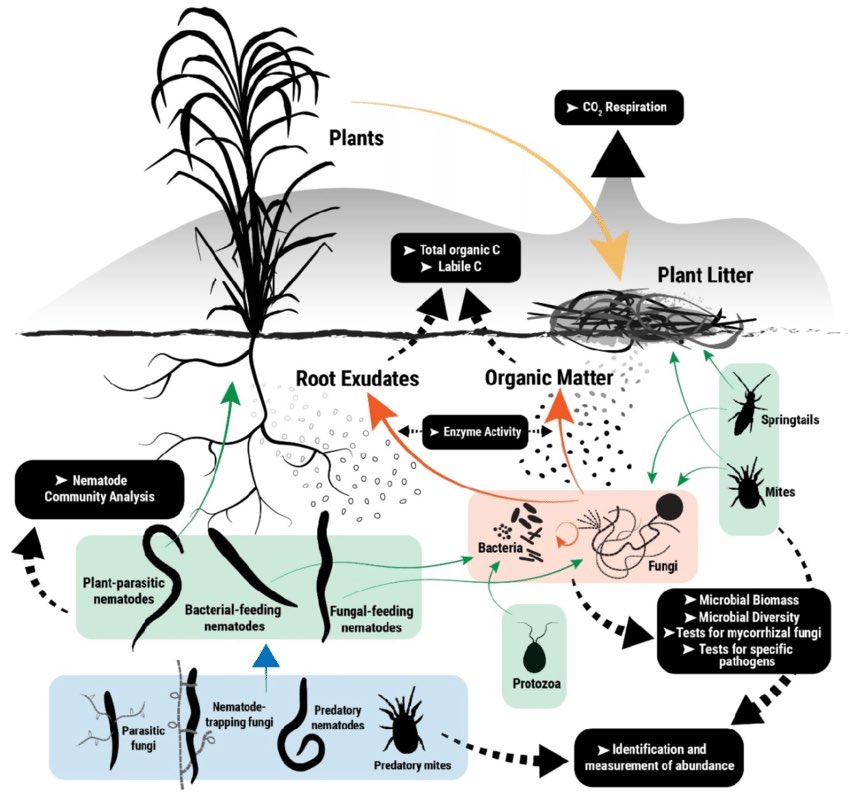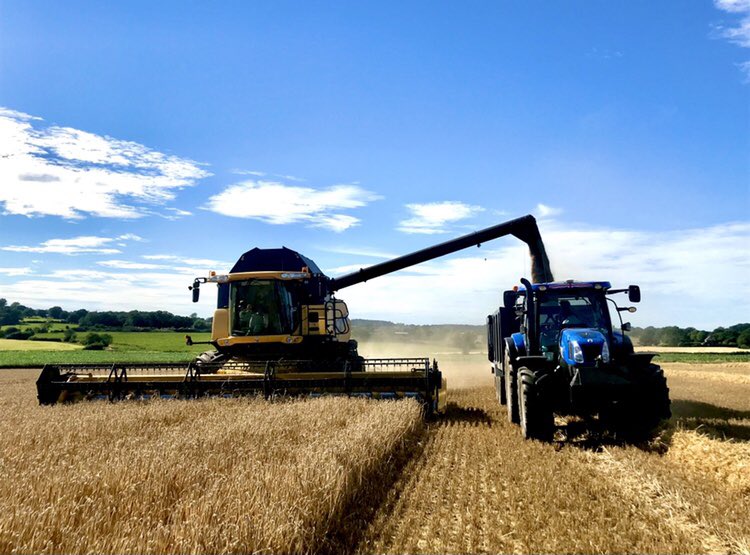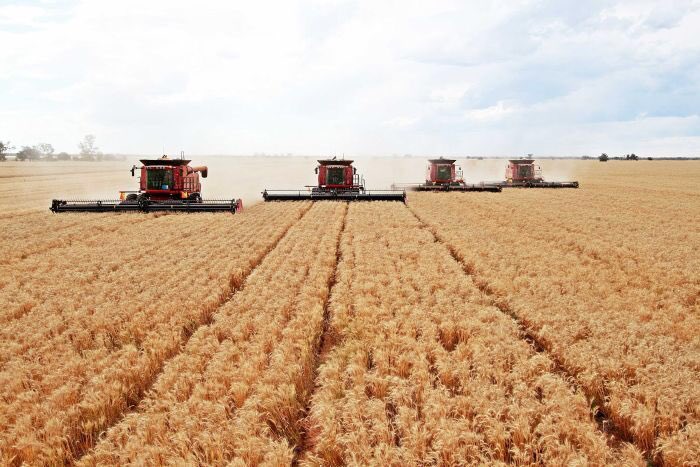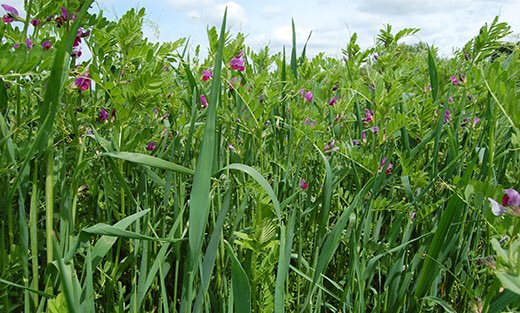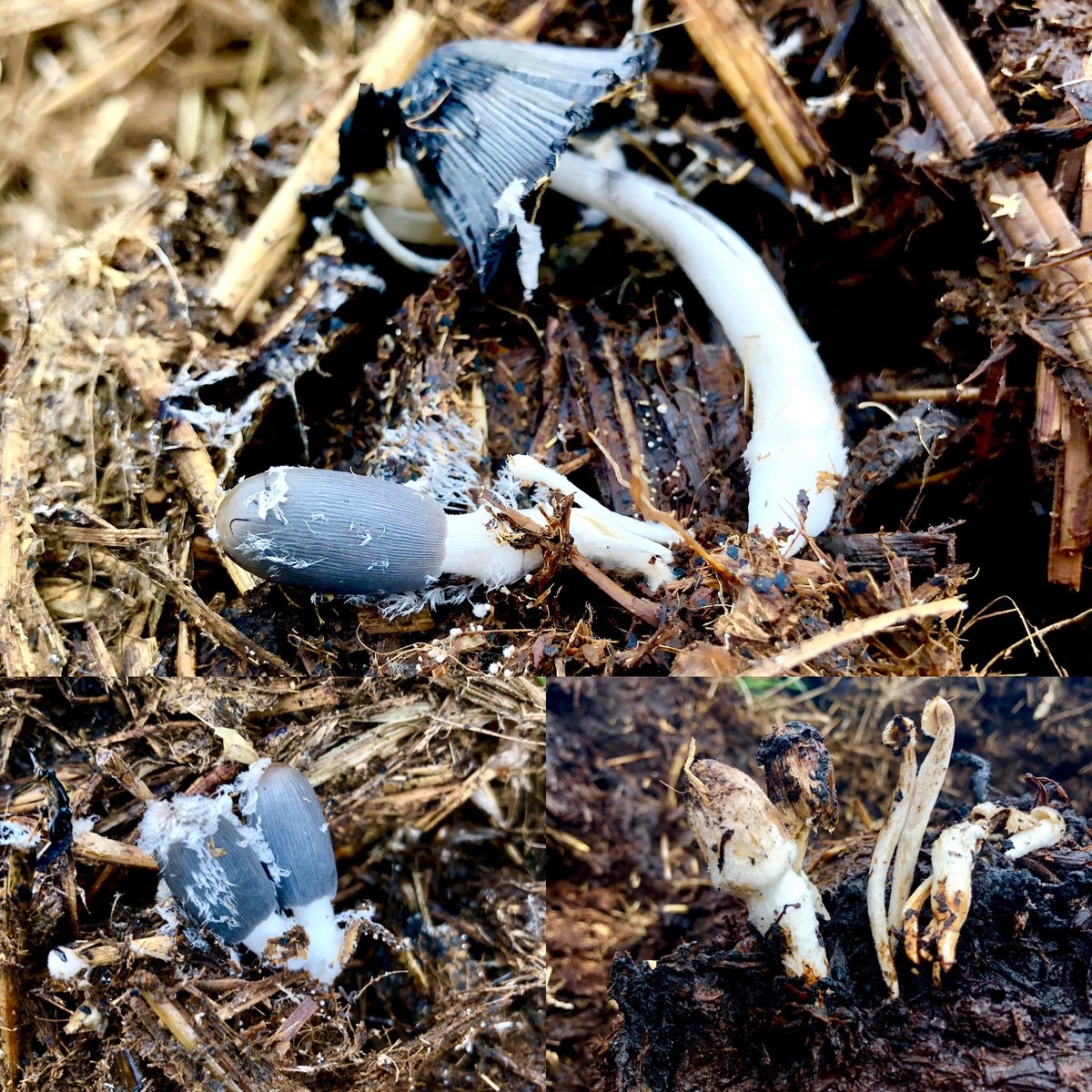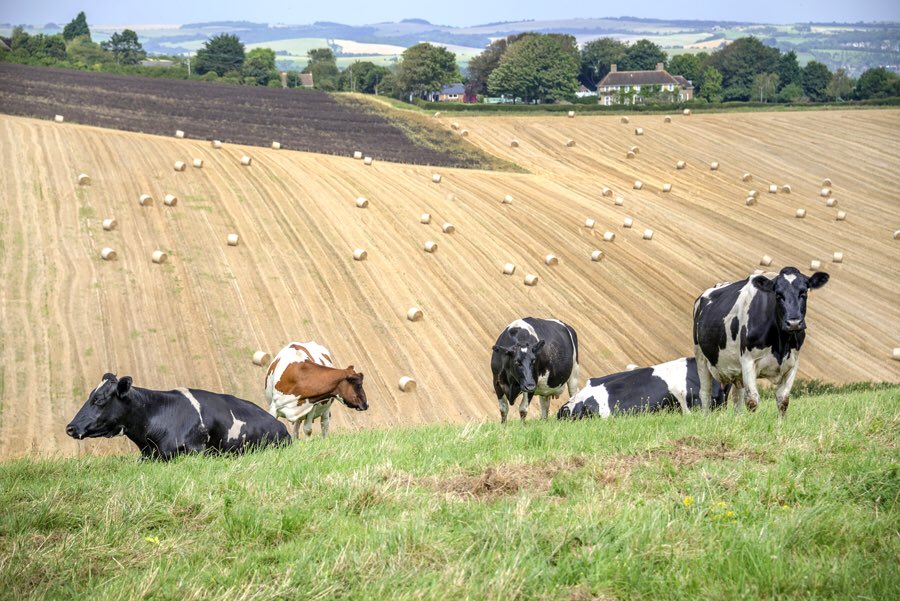Whatever your choice of diet, meat eater, vegetarian or vegan, our food all originated from the same source. Our soils.
We’ve all seen those memes “thank a farmer” and “without farmers you’d be hungry, sober and naked”. Reality is though, it’s not the farmers who feed us. It’s the soil, or more so the army of microbes within it.
There are more living organisms in a teaspoon full of healthy soil than people living on earth! That’s more than 6 billion!
This army of organisms process organic matter, our dead plants, leftovers from harvests and animal manure, feeding from it, passing it through their ecosystem until it eventually becomes a useable source of nutrition that the plants can utilise.
In the natural world, with no human interference a plant will grow, taking nutrients from the soil, and some from the atmosphere, eventually dying or shedding foliage that will decompose and return nutrients to the soil which will again become available for the plant.
As humans began to farm, we would be removing huge amounts of nutrients from that cycle each and every time we harvest. Slowly our soils have began to degrade, something that has been intensified as the population has grown and demand for food has increased.
Artificial fertilisers have played an important part in maintaining food production and keeping the price of food down, but whole playing an important role in our modern society, they have also been masking a huge problem. Soil degradation.
Pressure on farmers to grow more and cheaper has put a huge pressure on the agricultural industry and has lead to more intensification and specialism. The mixed family farm has declined hugely and been replaced by larger “agribusinesses” with vast areas of monocropping.
For a sustainable future, both for food and the environment we have to feed our soils as well as for ourselves. Help to rebuild them back to their full potential and keep them healthy and productive.
One option to do this is to add a cover crop into the rotation. Giving the soil a break by growing a crop that will be mulched and decompose back into the soil.
The other huge part in our farming operation is the use of livestock manures. We are able to maintain crop production while returning nutrients back to the soil, feeding the microorganisms and improving soil structure.
Even before manure is spread we can see the life forms hard at work, beginning the process of breaking down the organic matter and releasing nutrients for other organisms to process.
It’s the combination of our topography and maritime climate which allows UK farmers to grow crops and livestock side by side, both mutually beneficial to each other while also benefiting the environment, feeding the nation and maintaining our sustainability. #BackBritishFarming

 Read on Twitter
Read on Twitter